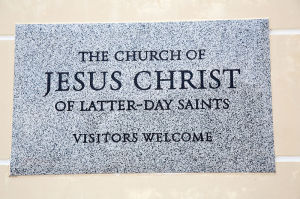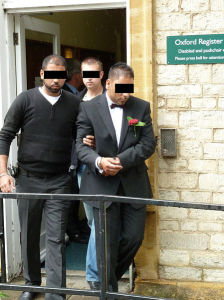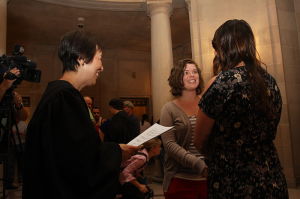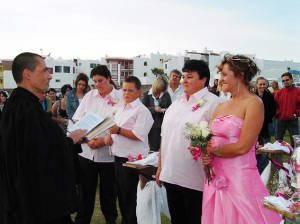Charlotte Divorce Attorney Matthew R. Arnold of Arnold & Smith, PLLC answers the question “When do you get alimony?”
Family law experts have long said that not enough people consider the potential value of a prenuptial agreement. Too often what family law attorneys hear is that prenuptial agreements are only for rich people or those on second and third marriages that want to ensure children from their first marriage are being looked after. This couldn’t be further from the truth, as prenups can be useful in almost any circumstance. Unfortunately, this same prenuptial skepticism has carried over to many same-sex couples who, for the first time, are now able to marry legally nationwide. The reality is that though prenuptial agreements are beneficial to same-sex couples for all the same reasons as they are to opposite-sex couples, there are other reasons why same-sex couples may benefit even more. To find out more about the benefits of prenuptial agreements for same-sex couples, keep reading.
 Charlotte Divorce Lawyer Blog
Charlotte Divorce Lawyer Blog







